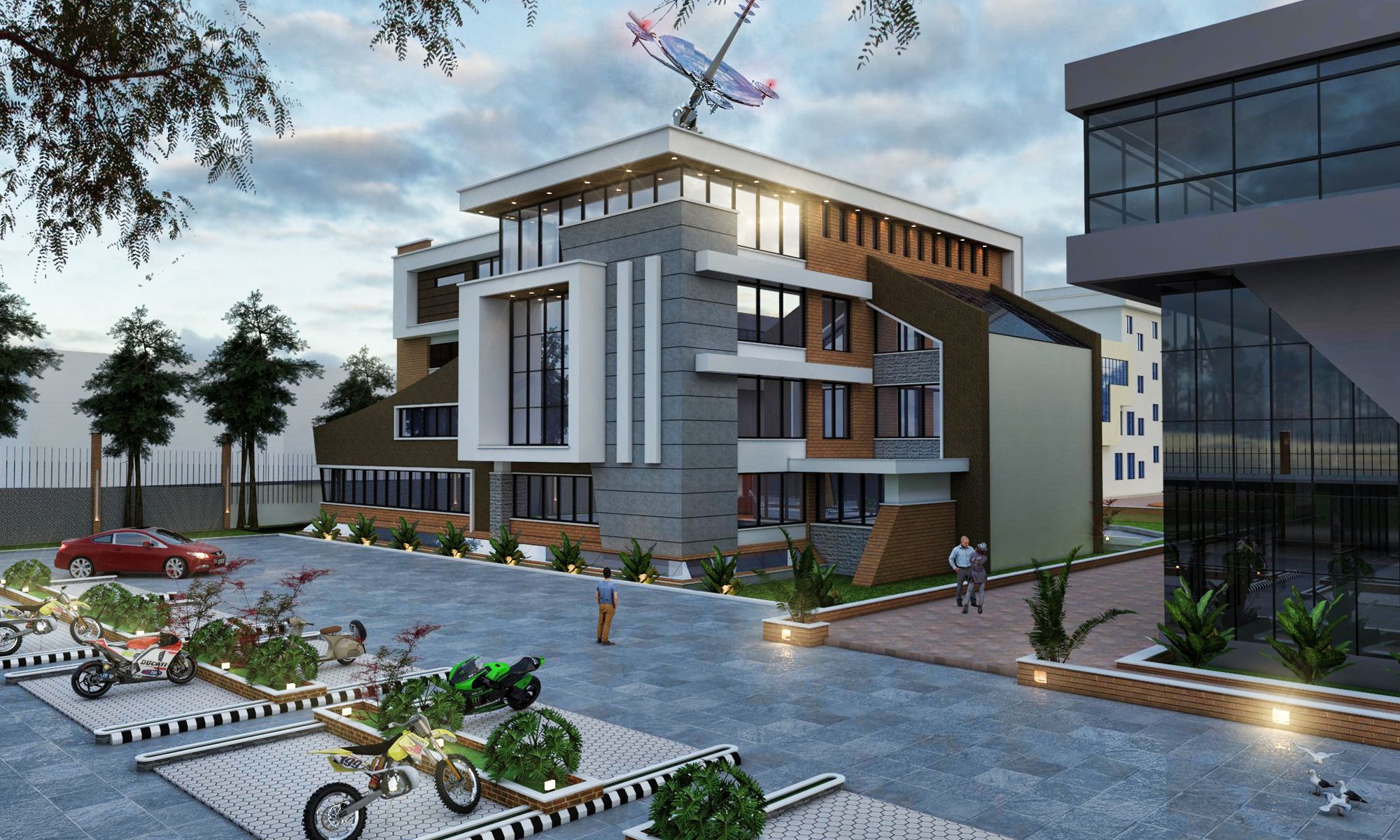Proposal of four sub-centers related to research, study, and construction under the center
Preparations are underway to operate a 'National Space Research Center' proposed by the government to develop and promote the space sector in Nepal. Four sub-centers related to research, study and construction have been proposed under the center. For the first time, the Nepal Academy of Science and Technology (NAST) has proposed the center for the space sector.
The committee formed under the leadership of Nast's associate Binod Adhikari has proposed to operate the center covering four thematic areas including space and atmospheric, weather forecast and climate studies, space engineering and technology and earth systems and observation. Nast's academic council has already decided to build a space center to work in space as a matter of policy. For this, the study committee formed under the leadership of Saha Prajna Adhikari is preparing to submit the final report to Nast. The coordinating officer of the study task force said that it can be established and operated with an investment of Rs 200 million at present.
Officials say that large investment is not required to set up space research centers in Nepal like the United States, China and India. "If those countries invest in billions, we can invest in crores," he said. The space and atmospheric sub-center of the center will have aeronautics, astrophysics and space geophysics. The Department of Weather Forecast and Climate Studies will conduct research on water and weather studies, weather forecasting, satellite and more. From this division, the center will conduct climate research and forecast as well. It is mentioned in the proposal that research and study related to engineering including the construction of spacecraft, satellites, ground stations will be done under space engineering and technology. Earth systems and observations will include data related to the earth, cyclical systems and other topics.
Large manpower and equipment are required to run the center. For this, specialized laboratory, research, supercomputer, testing work has to be done. In the study proposal, it is mentioned that three scientists can be selected in each thematic field for the operation of the center immediately. The official said that the government of Nepal will be responsible for resource management and research programs can be done in partnership with various organizations.
This will be the first government-run space center in Nepal to study, research and use space. The need for a space center was felt in the country after a nano-satellite was launched under the leadership of Nast. To build and launch nanosatellites, we had to rely on other countries for space centers abroad. "Once the center was built, it could at least be built and tested, even if it could not be flown from within the country," said Nast spokesman Suresh Kumar Dhungel. "Even though it was small, the experience was gained by flying a satellite in the name of Nepal," he said, adding that "the same experience pointed out the need for a space research center." He said that the establishment of the center will also help in this.
Chairman of the Nepal Astronomical Society (NASO) Suresh Bhattarai says that the establishment of the center is positive but it can bring problems as there is no space policy in Nepal. "We have no space policy. It would have been better if the government had formulated a space agency according to the mandate given by it by making space policy and law. '
The then Ministry of Science and Technology had identified five technical areas for Nast. Among them, information technology, biological technology, nuclear technology, space technology and nanotechnology were given priority. Nast had formed a task force in 2011 under the coordination of researcher Nanda Vikram Adhikari to study the construction of necessary infrastructure for space research, focusing on the Earth system and observation. The committee's report did not come to fruition after it commented that it could not cover the overall space issue.

